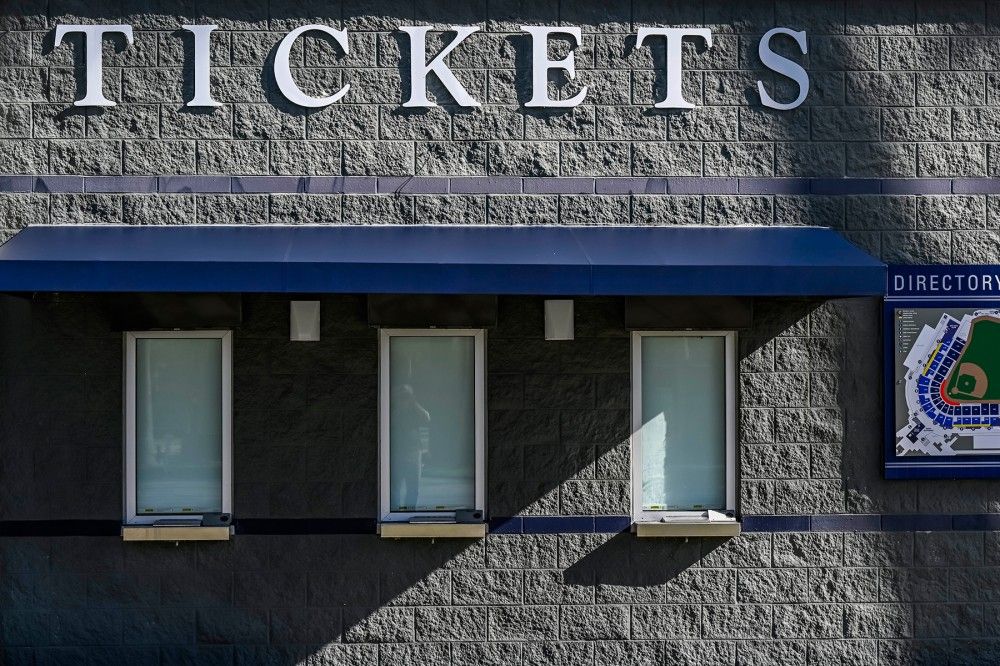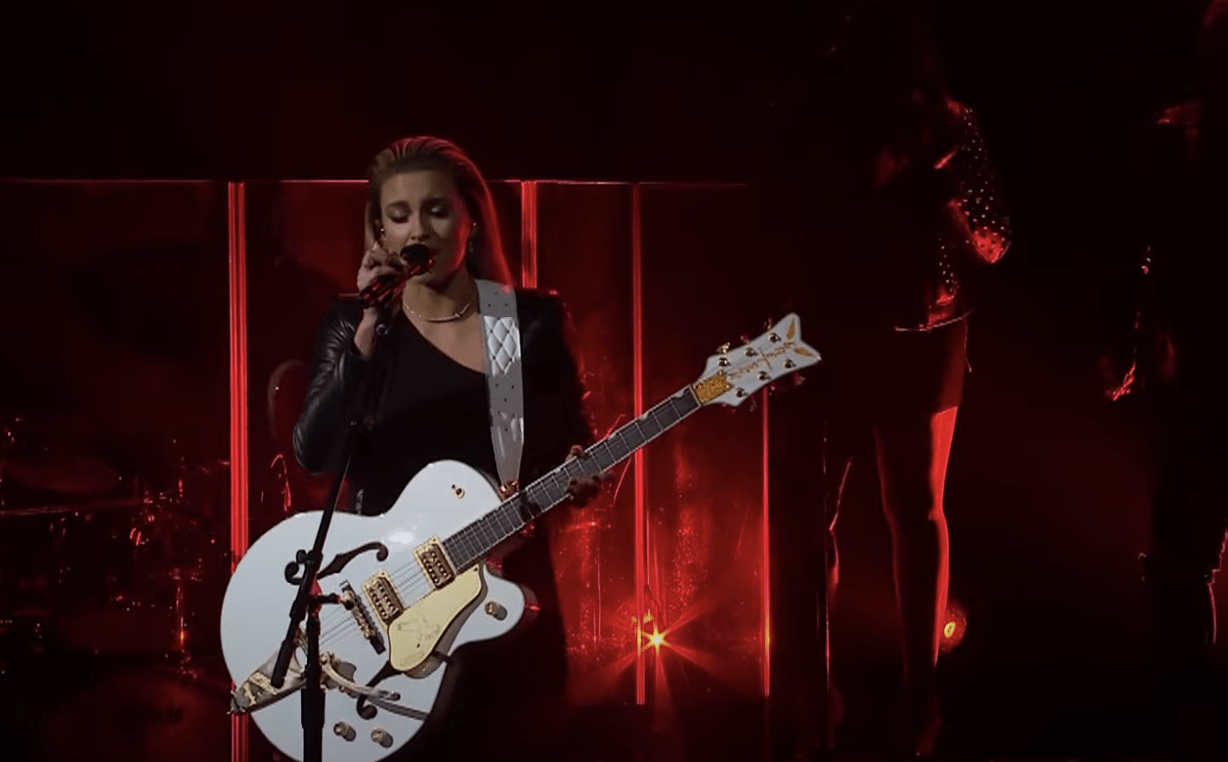
New York Ticket Buyers Know They Get Screwed. Now They’ll Know by How Much
Ticketing companies can’t hide their fees toward the end of a purchase anymore, at least in New York.
The state has passed a new bill that will institute two major policies aimed at providing transparency to ticket buyers: Ticket sellers must include fee costs upfront rather than near the end of the buying process, and ticket resellers have to disclose how much they originally paid for the tickets they’re reselling. Also, it will now be illegal to sell tickets that were originally free, and ticketers can’t charge delivery fees on purchases that didn’t require a delivery. New York’s assembly passed the bill on Friday, and now it awaits New York Governor Kathy Hochul to sign it into law. The new policies will take affect 60 days after being signed into law.
The unpleasant, often unfair nature of the U.S. ticketing marketplace is a longstanding criticism among concert fans. Critics often take shots at Ticketmaster as “one of the most hated companies on Earth,” as John Oliver said in a seething report during Last Week Tonight earlier this year. But better transparency can help buyers make better informed decisions, or at the very least point out when a company is taking advantage of a buyer, as New York state senator James Skoufis, who sponsored the bill, tells Rolling Stone.
“Information is power in this space as it is in any other marketplace,” Skoufis says. “When we pass regulations like this, people will be able to know ‘am I getting a good deal or a bad deal.’ If they’re getting a bad deal and if they get marked up three, four, 10 times and they still want to buy the ticket, God bless them. But they deserve to know the answer to that fundamental question: Am I getting ripped off here or not?”
None of the new policies actually stops the predatory scalping and high fees that still plague the ticketing industry, but they’re not just performative measures either. The first measure cuts out hidden fees and the so-called “drip pricing” strategy companies such as Ticketmaster often use to lure in consumers with one price, only to tack on the higher dollar price at the end just before consumers buy their tickets. Requiring true ticket prices to be revealed sooner could in turn influence whether a buyer even buys a ticket. Skoufis hopes requiring more transparency among ticket sellers with the new regulations will force them to make more consumer-friendly decisions with ticket prices and extra fees.
“I believe that there is a shaming element that will come about from this as well,” he says. “Upfront pricing will provide for easy comparison shopping. Platforms that are tucking these massive fees into the very end of the transaction and having them sneak up on consumers are going to lose business when buyers see which platforms are out of wack and dramatically higher.”
Whether or not that would happen, however, is less clear given the outsized power a company like Live Nation Entertainment, which owns Ticketmaster and promotion giant Live Nation, exerts over the rest of the industry. Skoufis claims he wanted to include other improvements toward common ticketing issues issues including holdbacks (tickets a promoter holds on to that aren’t made publicly available for purchase) and an adjustment of the high fees themselves, but those didn’t make the final legislation.
Regarding hidden fees, Ticketmaster told a congressional committee in early 2020 that it would be open to upfront ticketing costs, but that such a policy would need to be enforced by the government, Reuters reported. AXS and StubHub also said they’d support the policy, with StubHub saying it previously tried but abandoned the policy after two years because their tickets looked more expensive.
“We are supportive of industrywide reforms and believe even more can be done to aid artists in delivering tickets to fans at their set price points,” Ticketmaster’s managing director of North America Marla Ostroff said in a statement to Rolling Stone. “We would like to thank Assemblymember O’Donnell, in particular, for his work and steadfast support of the New York entertainment community.”
AXS’s CEO Bryan Perez praised the new policy in New York as well.
“We are very much a part of the official ticketing ecosystem, and we are always trying to do things that benefit the fan on behalf of performers, athletes and teams,” Perez says. “The challenge in our industry is the fragmentation that if everyone who plays doesn’t play by the same rules, it creates a bad situation for all of us. The fact that New York can apply it to all ticketing sites that operate in New York we think is a good thing, and it’s exactly what needs to happen to create an even and fair playing field for the consumer.”
StubHub didn’t immediately reply to request for comment. When asked if he believed ticketing companies would change policies without government intervention, Skoufis replied: “Absolutely not.”




